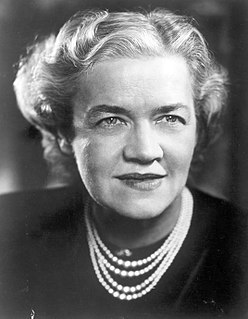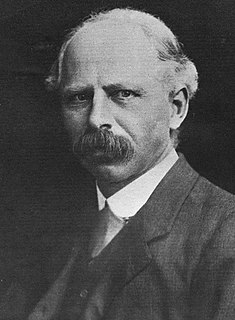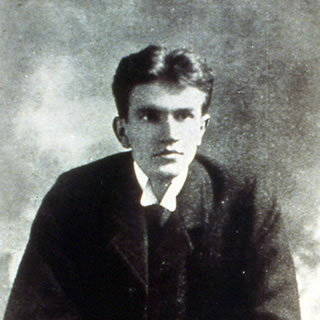A Quote by Felix Frankfurter
Convictions following the admission into evidence of confessions which are involuntary, i.e., the product of coercion, either physical or psychological, cannot stand. This is so not because such confessions are unlikely to be true but because the methods used to extract them offend an underlying principle in the enforcement of our criminal law: that ours is an accusatorial, and not an inquisitorial, system - a system in which the State must establish guilt by evidence independently and freely secured, and may not, by coercion, prove its charges against an accused out of his own mouth.
Quote Topics
Accused
Admission
Against
Be True
Because
Cannot
Charges
Coercion
Confessions
Convictions
Criminal Law
Either
Enforcement
Establish
Evidence
Extract
Following
Freely
Guilt
His
Independently
Involuntary
Law
May
Methods
Mouth
Must
Offend
Our
Ours
Out
Own
Physical
Principle
Product
Prove
Prove It
Psychological
Secured
Stand
State
System
Them
True
Underlying
Unlikely
Used
Which
Related Quotes
Strength, the American way, is not manifested by threats of criminal prosecution or police state methods.
Leadership is not manifested by coercion, even against the resented. Greatness is not manifested by unlimited pragmatism, which places such a high premium on the end justifying any means and any methods.
The abhorrence of society to the use of involuntary confessions does not turn alone on their inherent untrustworthiness. It also turns on the deep-rooted feeling that the police must obey the law while enforcing the law; that, in the end, life and liberty can be as much endangered from illegal methods used to convict those thought to be criminals as from the actual criminals themselves.
[My Book] will endeavour to establish the principle[s] of reasoning in ... [geology]; and all my geology will come in as illustration of my views of those principles, and as evidence strengthening the system necessarily arising out of the admission of such principles, which... are neither more nor less than that no causes whatever have from the earliest time to which we can look back, to the present, ever acted, but those now acting; and that they never acted with different degrees of energy from that which they now exert.
MORAL LAW, Evidence of.- Man has been subjected by his Creator to the moral law, of which his feelings, or conscience as it is sometimes called, are the evidence with which his Creator has furnished him. ... The moral duties which exist between individual and individual in a state of nature, accompany them into a state of society ... their Maker not having released them from those duties on their forming themselves into a nation.
I think that we shall have to get accustomed to the idea that we must not look upon science as a 'body of knowledge,' but rather as a system of hypotheses; that is to say, as a system of guesses or anticipations which in principle cannot be justified, but with which we work as long as they stand up to tests, and of which we are never justified in saying that we know they are 'true' or 'more or less certain' or even 'probable.'
Precisely because the State has the monopoly of coercion it can be allowed the monopoly only of coercion. Only if the modern State can be held within a strictly limited agency of duties and powers can it be prevented from regimenting, conquering, and ultimately devouring the society which gave it birth.
The function of State coercion is to override individual coercion, and, of course, coercion exercised by any association of individuals within the State. It is by this means that it maintains liberty of expression, security of person and property, genuine freedom of contract, the rights of public meeting and association, and finally its own power to carry out common objects undefeated by the recalcitrance of individual members.
Fear, coercion, punishment, are the masculine remedies for moral weakness, but statistics show their failure for centuries. Why not change the system and try the education of the moral and intellectual faculties, cheerful surroundings, inspiring influences? Everything in our present system tends to lower the physical vitality, the self-respect, the moral tone, and to harden instead of reforming the criminal.
The evidence about Saddam having actual biological and chemical weapons, as opposed to the capability to develop them, has turned out to be wrong. I acknowledge that and accept it. I simply point out, such evidence was agreed by the whole international community, not least because Saddam had used such weapons against his own people and neighbouring countries.
We must not allow ourselves to become like the system we oppose. We cannot afford to use methods of which we will be ashamed when we look back, when we say, '...we shouldn't have done that.' We must remember, my friends, that we have been given a wonderful cause. The cause of freedom! And you and I must be those who will walk with heads held high. We will say, 'We used methods that can stand the harsh scrutiny of history.'
































